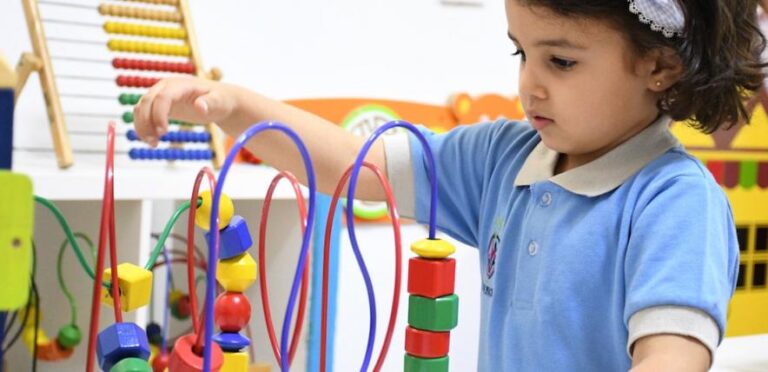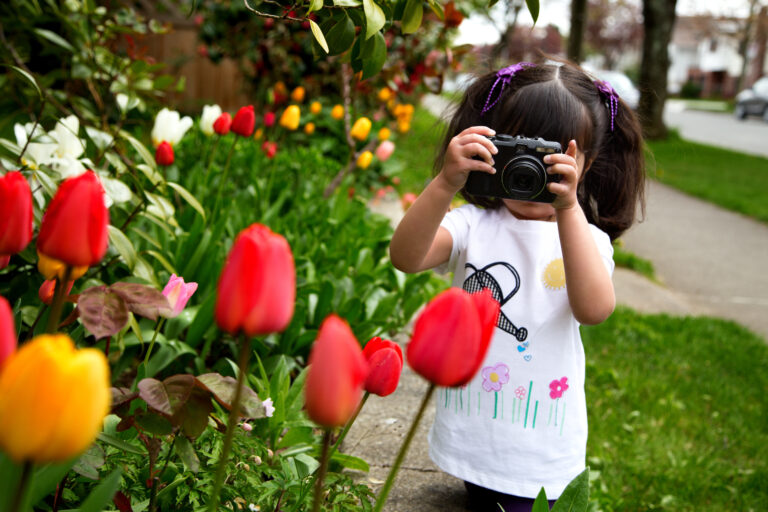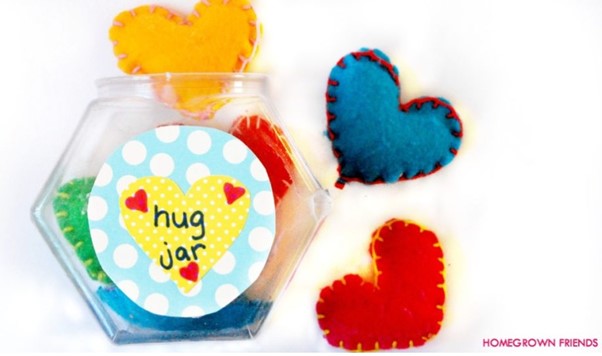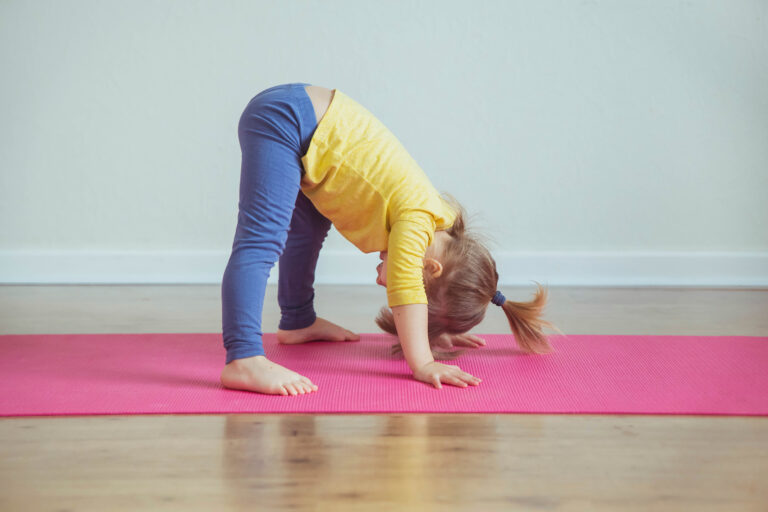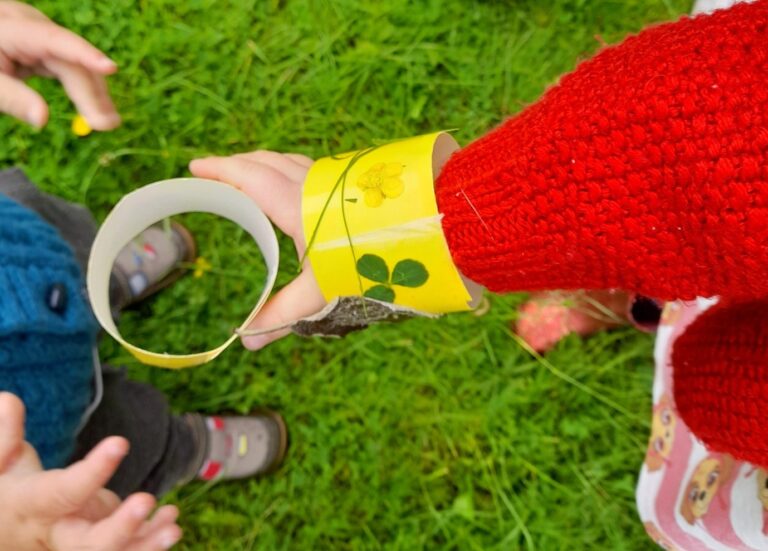by Jo Fitzgerald, author of How To Keep Safe In A Sometimes Scary World
Year on year there has been a rise in the number of primary school children being referred to mental health services.
Think about it – primary school children, how awful is that? One in four people in this country will be affected by mental health issues in their lifetime – with this figure expected to increase considerably over the next ten years.
Couple this with a considerable reduction of mental health services and support available to those affected, and you can see why it’s vital that our children have robust mental health, to help them with whatever the future brings to their life experience.
I believe we need to start arming our children with wellbeing and resilience skills now – while they are young.
It’s why I created my Facebook group Keep Our Kids Safe and Strong and why I’ve written my book, the next one and the one after that.
So what is resilience? What are the skills they are going to need to help them cope with anything life throws at them?
1. Healthy relationships
The ability to be in relationships which can give them support and caring is one of the key factors of resilience. Where is the first port of call if you’re feeling low, stressed or have a problem? For me it’s usually family. These nurturing relationships for our children start with family, but they also include friends and other trusted adults e.g. teacher/childminder. These relationships can offer love, encouragement and reassurance which helps build and support resilience.
2. Managing feeling and emotion
Being able to use thinking and coping skills, rather than impulsively reacting to emotion and feeling is a key skill that serves us well throughout our lives – it also helps foster healthy relationships. Having these skills also helps with decision making and taking positive action.
3. Communication
Being able to communicate well with others is so very important throughout our lives. This includes listening and problem-solving skills, e.g., working in a team. It also includes having the vocabulary to be able to express thoughts and feelings clearly to others.
4. Confidence and self-esteem
Being self-confident and having a positive self-image is critical if a person is to be able to confront and manage conflict, stress, fear, worry and anxiety in life. Again, these skills also help decision-making and taking positive action when needed.
5. Flexibility
This is an important part of resilience building. It is the ability and openness to try new things, to be able to adapt and problem-solve when things aren’t quite right. It is flexibility both of action and of thinking and is a skill that serves us well as adults.
6. Positivity
Being a glass half full person, seeing the positive instead of concentrating of the negative of events and situations is a great life skill. It includes practising gratitude for all we have, instead of focusing on what we don’t have. Optimists are also more likely to see good and bad events occurring in their life as being temporary rather than permanent and they are less likely to blame themselves or someone else for the hard times.
7. Self-care
Most of us are aware of how important this is. Self-care isn’t just about being able to shower and dress oneself. It also incorporates other factors such as keeping fit and keeping healthy. A sound knowledge and skills around healthy eating, cooking skills, regular exercise are really important. Along with this go other important aspects of life – such as being able to manage money.
8. Empathy
Empathy is a complex skill, and includes many factors. As well as being able to listen to others and be able to pick up on non-verbal communication, such as body language. Empathy also means being able to show sensitivity, and understand others’ perspectives. Children who possess these skills are more able to help other people based on their understanding of those people’s needs and feelings.
9. Having a sense of humour
This might be a bit controversial, you probably won’t find this skill being listed in many professional papers. However, for me this is a hugely important life skill and, being a teacher of early years, I’ve seen time and time again how having a sense of humour helps children cope with potentially difficult situations. Being able to appreciate and use humour lightens the mood and deflects negative emotions and reactions. Laughter releases the feel good chemicals in your brain, endorphins and dopamine. It alleviates stress and decreases pain. It relaxes the body and can actually reduce stress, anxiety and depression. Now THAT is a superskill!
I hope this is helpful for you.
Jo Fitzgerald
Jo’s book How To Keep Safe In A Sometimes Scary World is available now on Amazon and in Waterstones.



